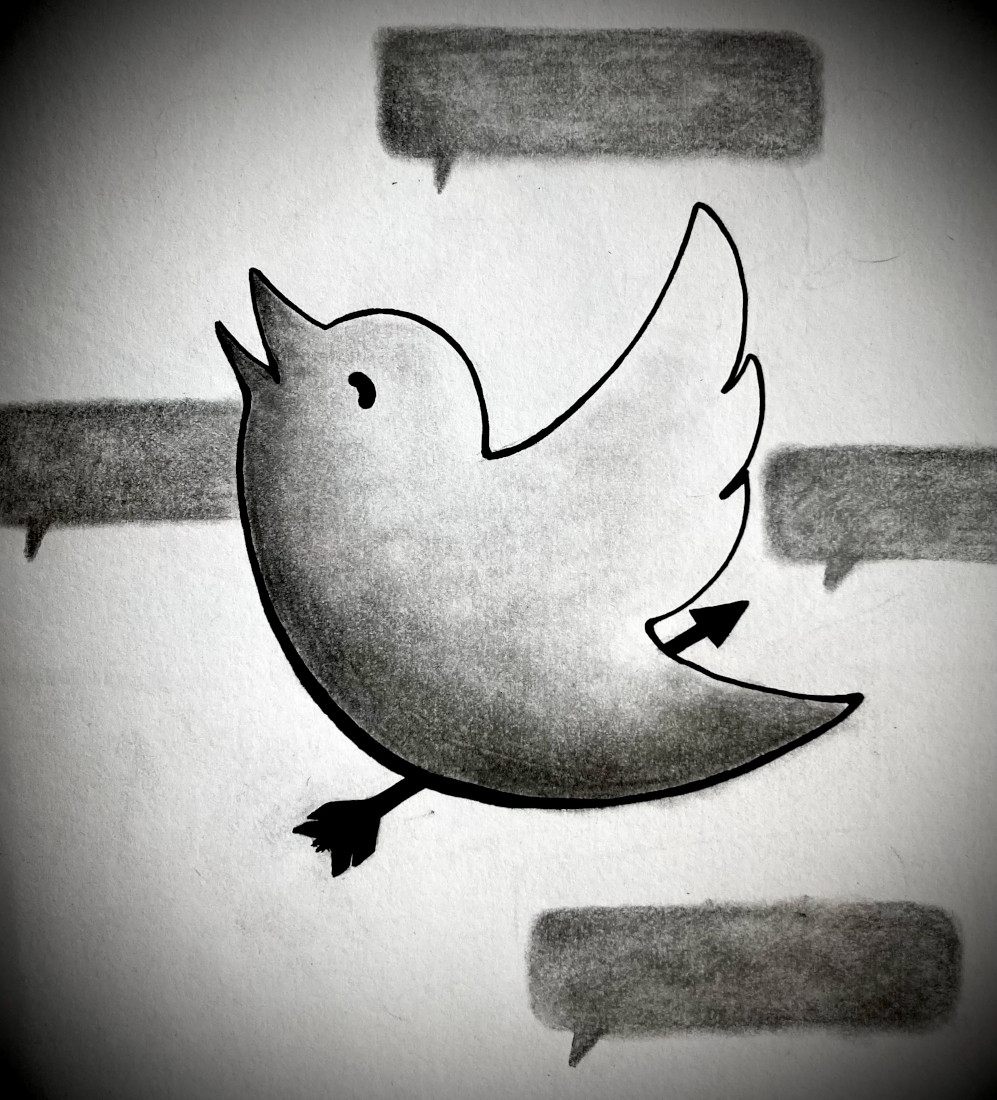Endlessly failing upward
Musk’s disruption is not innovation
“How are you going to deal with the expected attrition and align everyone on a shared vision?” Elon Musk was asked during a recent all-hands on deck emergency meeting with Twitter employees, as reported by NYT’s Mike Isaac.
Musk answered, “I don’t know ... we all need to be more hardcore.”
Only a couple weeks after acquiring Twitter for $44 billion and jokingly walking into headquarters holding a sink to “let that sink in,” Musk also told employees that bankruptcy isn’t out of the question.
Twitter has reportedly laid off 50 per cent of its workforce, in the ballpark of 7,500 people. This move has resulted in a class-action lawsuit, and the company has apparently begged employees who were laid off by mistake to return.
Musk also ended remote work for the tech giant, saying “If you can physically make it to an office, and you don’t show up, resignation accepted.”
I guess most people aren’t hardcore enough.
For someone who was reportedly the inspiration for the Marvel Cinematic Universe adaptation of Tony Stark, Elon Musk seems a lot more like Lex Luthor these days.
I still remember reading about working conditions at Tesla, Musk’s clean-energy company most known for their electric vehicles, in 2018, when staff were reportedly offered free Red Bull and walked through raw sewage spilled on the floor to meet their quotas.
At the time, Musk was heralded for sleeping on the factory floor to show his dedication, saying “whatever pain they felt, I wanted mine to be worse.”
His fans raised thousands of dollars for a new couch for Musk to sleep on. They loved Tony Stark.
I also remember in 2020, when Musk called stay-at-home orders “fascist” and dared authorities to arrest him when he restarted production at Tesla. At that time, COVID-19 had already killed 80,000 people in the United States. Four hundred fifty cases of COVID-19 were later reported in the factory.
In February, Musk posted a meme on Twitter in response to Canada invoking the Emergencies Act to combat the Freedom Convoy occupation. In it, Adolf Hitler speaks the words “Stop comparing me to Justin Trudeau. I had a budget.”
When the Auschwitz-Birkenau museum criticized Musk and tweeted that he disrespected “the memory of all victims,” he suggested his followers read a book about Nazi Germany’s economic history for “an in-depth explanation.”
Why, then, does Musk have such a fervent online fanbase? In my view, it’s more than the thrill of the ride.
The answer may tie back to one of his companies’ namesakes, Nikola Tesla.
Writer Iwan Morus describes “Tesla Syndrome” as the idea that real innovators are disruptors who break tradition and replace structures with rules of their own making.
Tesla was an iconoclast, a disruptor of the status quo who attacked cherished beliefs and institutions. He was an outsider with a dangerous, unusual mind.
Disruption can be exciting and engaging, as seen in the rise of Donald Trump and his unfulfilled pledges to “drain the swamp” and fight governing institutions in the US.
As political philosopher Karl Popper warns, however, disruptors show that disruption generates chaos, not innovation.
In politics, disruptors of the status quo have often proven inept at governing.
Musk’s takeover of Twitter exemplifies his status as an iconoclast and shows that he has much more chaos than innovation to offer.
Paul Carruthers is the comments editor of The Uniter. He’s an alum of the University of Winnipeg’s political-science department.
Published in Volume 77, Number 10 of The Uniter (November 17, 2022)






